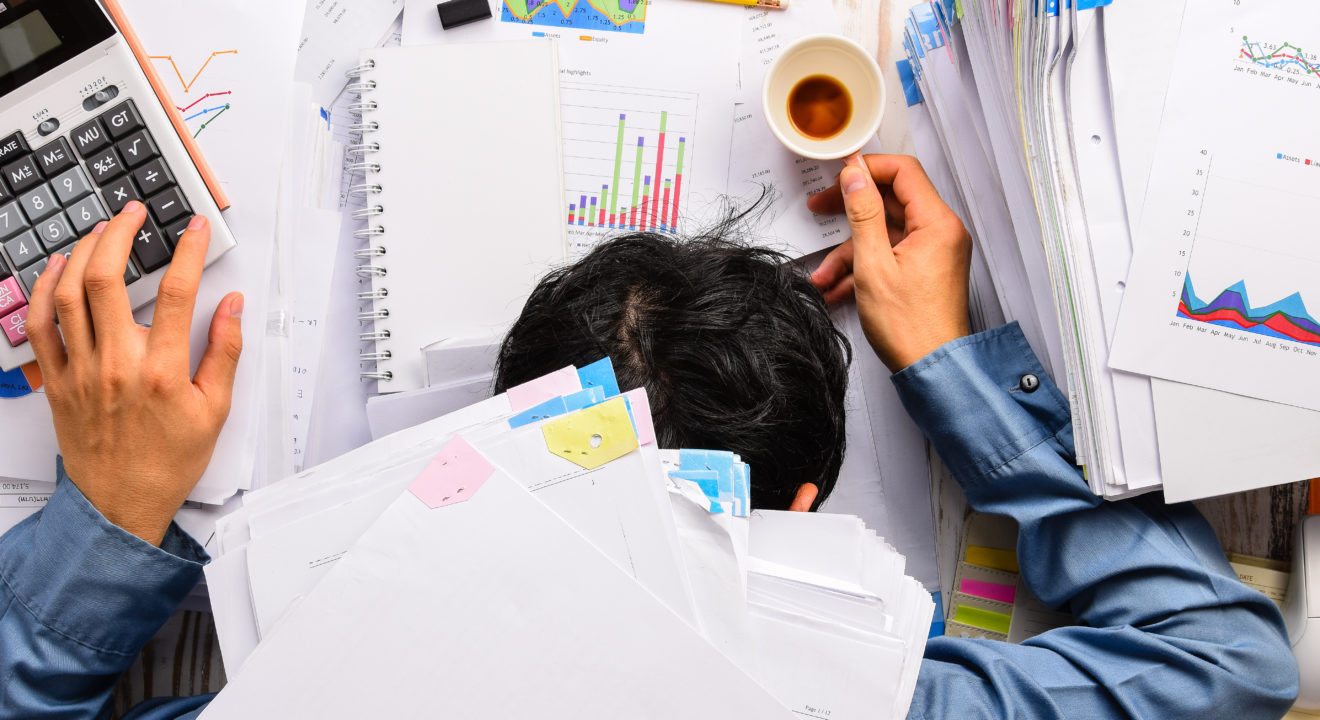Relationships November 25, 2016


When the library becomes your bedroom and you know the 24-hour café waiter on a first name basis, it can only mean one thing: It’s finals week.
During finals, college kids throw down a few Starbucks in the morning, take shots of 5-Hour Energy in the afternoon and chase down the stress with a few beers to “write drunk” – holding onto the deluded optimism that they’ll “edit sober” in the morning. Completely normal, right?
Caffeine is a common corner of the college kid’s food pyramid. While many of us are aware of the negative affect of mixing Red Bull with your vodka, what about dumping a Monster into your Iced Vanilla Latte?
Substance Abuse and Mental Health Services (SAMHSA) warns about the dangers of energy drinks, especially for the college-aged community.
“Consumption of energy drinks is a rising public health problem because medical and behavioral consequences can result from excessive caffeine intake,” SAMHSA said via The DAWN Report. “A growing body of scientific evidence documents harmful health effects of energy drinks, particularly for children, adolescents, and young adults.
READ MORE: 5 Ways Every Woman Can Stay Hydrated Besides Drinking Water
Research has established that, among college students, there are associations between energy drink consumption and problematic behaviors such as marijuana use, sexual risk taking, fighting, smoking, drinking, and prescription drug misuse.”
The direct effect of mixing your coffee with an energy drink is unknown since there is limited research on the topic. However, according to the Mayo Clinic, the two products do contain about the same amount of caffeine. And as the Washington Post reports, the country’s caffeine obsession increased with new market additions like energy drinks, which are more dangerous than your average cup of coffee.
A recent study at Washington State University is one of the first comparisons of caffeine absorption. “The study suggests that in terms of caffeine absorption and metabolism, coffee and energy drinks are very similar,” lead researcher John White said via WSU.
These conflicting reports surrounding energy drinks are currently unresolved. However, comparable caffeine levels and absorption may persuade students to mix the two substances for the perfect solution. Unlike the alcohol and caffeine combos the Centers for Disease Control and Prevention (CDC) warns about, coffee and energy drinks seem to pair well together. After all, they’re pretty much the same ingredients, right?
READ MORE: Your Pads and Tampons May Be Toxic
While the dangers of a Rockstar Cappuccino aren’t confirmed, too much caffeine is always a bad idea. According to the National Sleep Foundation, excessive caffeine can disturb your natural sleeping patterns, as well as increase anxiety and irritability. Mayo Clinic adds “restlessness, stomach upset, fast heartbeat, and muscle tremors” to the long list of symptoms.
Most college kids know the jitters of too many cups of dark roast or the insomnia after a few Four Lokos. Imagine those symptoms doubled. Sure, mixing your coffee with an energy drink may not kill you. It may even help you finish that paper quicker. But just remember: Caffeine is a drug. Caffeine overload leads to dependence and addiction – and that’s a lot to swallow.